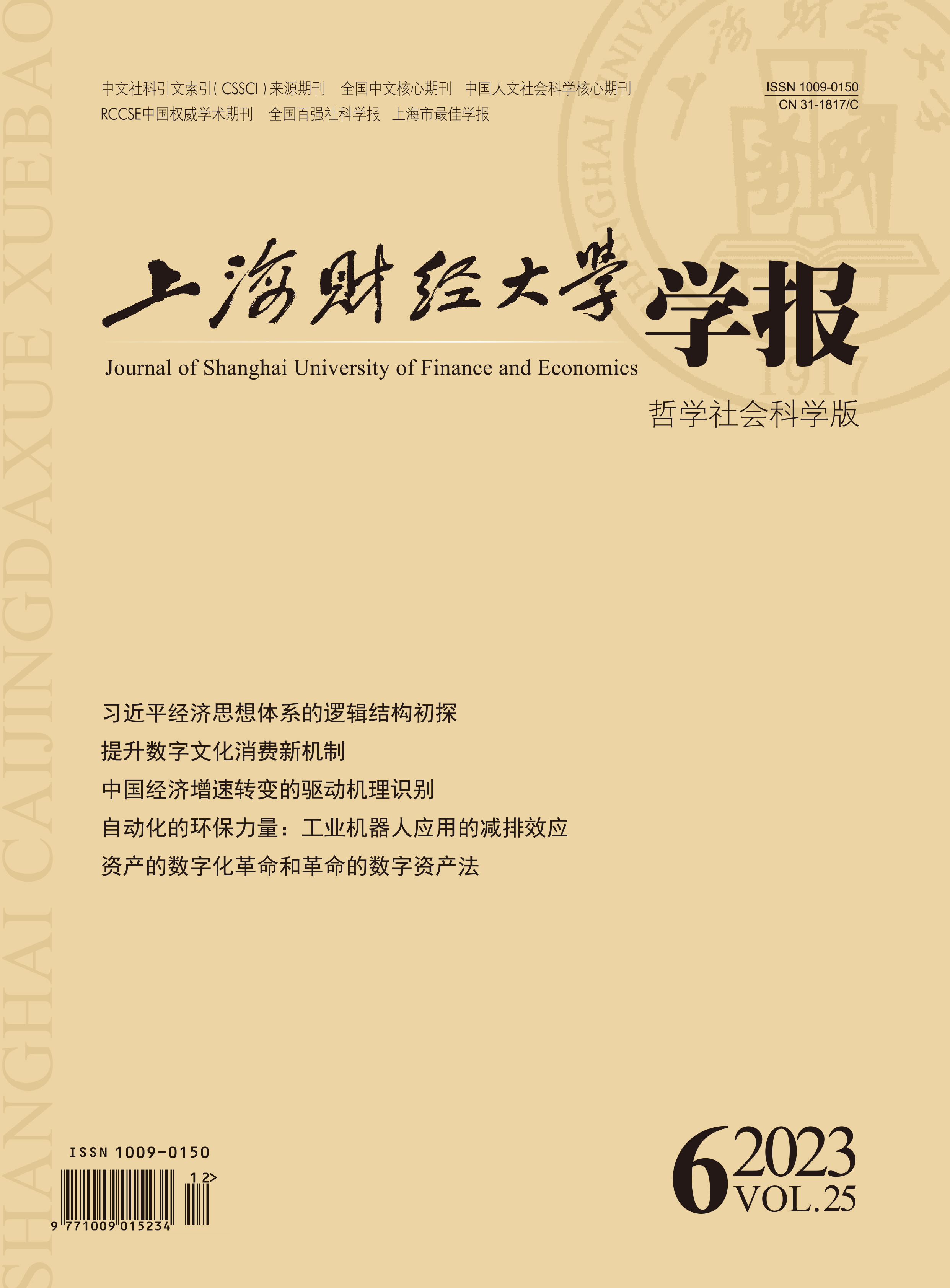As climate issues become increasingly severe, the importance of climate policies has been growing. However, frequent and uncoordinated climate policies can also lead to synthetic fallacies. Existing literature has focused mainly on the economic impact of physical climate risks, while exploring the potential effect of climate policy uncertainty, i.e., policy-level risks, remains relatively limited. Is corporate bond issuance, a crucial source of funding for corporate transformation and upgrading, affected by external climate policy uncertainty? To address this issue, this paper constructs a micro-level climate policy uncertainty index that takes into account both the dimensions of time shocks and the extent of individual impact, and matches it with data on listed company bond issuance. It empirically investigates the impact of climate policy uncertainty on corporate bond credit spreads, as well as the underlying mechanisms and economic consequences. The results indicate that for each standard deviation increase in climate policy uncertainty faced by a company, its bond credit spreads rise by approximately 5.20%. After conducting a series of robustness tests, including instrumental variable regressions, the aforementioned positive effect remains significant. Mechanism tests demonstrate that climate policy uncertainty increases both financial and non-financial risks for companies, thereby affecting the risk premium of bond issuance. Heterogeneity analysis further reveals that the aforementioned effect is more pronounced in samples of companies with larger impact magnitudes, weaker risk immunization, and smaller policy relief efforts. Economic consequence tests indicate that climate policy uncertainty not only leads to increased issuance costs for bonds, but also hinders companies’ green and high-quality transformation. Based on the research findings, this paper offers the following policy recommendations: First, the government should not only introduce climate policies to promote climate governance, but also pay attention to the coordination and consistency of already implemented (or planned) climate policies to reduce climate policy uncertainty. Second, addressing climate issues should not only focus on climate policies, but also advance supporting policies such as green finance, climate finance, and transformation finance to create a synergy of policy relief. Third, as a specific policy tool, priority should be given to supporting the development of green bonds (transformation bonds). With sufficient information disclosure and supervision to ensure the “greenness” rather than mere token gestures, the issuance volume of green bonds should be increased.
 / Journals / Journal of Shanghai University of Finance and Economics
/ Journals / Journal of Shanghai University of Finance and EconomicsJournal of Shanghai University of Finance and Economics
LiuYuanchun, Editor-in-Chief
ZhengChunrong, Vice Executive Editor-in-Chief
GuoChanglin YanJinqiang WangWenbin WuWenfang, Vice Editor-in-Chief
Climate Policy Uncertainty and Corporate Bond Issuance: Empirical Evidence Based on Bond Credit Spreads
Journal of Shanghai University of Finance and Economics Vol. 25, Issue 06, pp. 59 - 72,87 (2023) DOI:10.16538/j.cnki.jsufe.2023.06.005
Summary
References
Summary
Cite this article
Wang Shun, Zhou Zejiang. Climate Policy Uncertainty and Corporate Bond Issuance: Empirical Evidence Based on Bond Credit Spreads[J]. Journal of Shanghai University of Finance and Economics, 2023, 25(6): 59-72.
Export Citations as:
For
Next: 本期导读
ISSUE COVER
RELATED ARTICLES




 8832
8832  10545
10545

